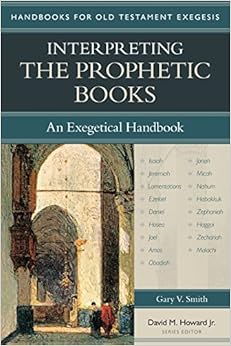While perusing the stream of tweets that accrued on my
Twitter account ( @judestjohn ) a few weeks ago, a particular tweet, in fact a
particular word in that tweet, caught my attention.
The word I saw: interim.
And of course it caught my eye because I have recently
become one. An interim, that is, not a tweet to be sure. More precisely, I have
become the interim lead pastor at West London Alliance Church.
The tweet in question provided a link to a blog post by Seth
Godin. I had heard of Seth Godin, knew him to be an author, and found the
following description of him on his website:
SETH GODIN is the author of 18
books that have been bestsellers around the world and have been translated into
more than 35 languages. He writes about the post-industrial revolution, the way
ideas spread, marketing, quitting, leadership and most of all, changing
everything.
The title of the blog post by Godin further intrigued me:
The Interim Strategy. Now I was hooked and so I proceeded to read the article.
The article itself was neither a how-to manual for interims nor an
Interiming-for-Dummies piece. Rather, it discussed the tendency of businesses
to employ an interim strategy in spite of the conflicts that interim strategy
might have with the company’s long-term goals and mission.
Despite the seemingly disparate topic of the article to my
situation of being an interim pastor, it nevertheless had some ideas that are
very transferable and surprisingly biblical.
Godin begins,
We say we want to treat people
fairly, build an institution that will contribute to the culture and embrace
diversity. We say we want to do things right the first time, treat people as we
would like to be treated and build something that matters.
But first... first we say we have
to make our company work.
We say we intend to hire and train
great people, but in the interim, we'll have to settle for cheap and available.
We say we'd like to give back, but of course, in the interim, first we have to
get...
This interim strategy, the notion
that ideals and principles are for later, but right now, all the focus and
resources have to be put into the emergency of getting successful—it doesn't
work.
This is helpful for me, for West London Alliance Church, and
for churches around the globe. Churches in general, and pastors like myself,
often feel an immense pressure to “be successful.” And that desire to be
successful may tempt a church or a pastor or a parishioner to set aside a
biblical mandate, even if only temporarily, for something more pragmatic that will
bring success. That is a very dangerous thing.
Godin writes, “It doesn't work because it's always the
interim. It never seems like the right time to stop doing what worked and start
doing what we said was important.” And we might apply it to our church and to
our lives by saying, “A non-biblical strategy doesn’t work because it is always
the interim; it is always already-not yet when it come to the church. And it
will never seem like the right time to stop doing what seems to bring success
and start doing what is biblical.”
Godin concludes his discussion of business strategies by exhorting:
“perhaps it makes sense to act in the interim as we expect to act in the long
haul.” And that is what I plan to do; that is my interim strategy.
I’m not going to import some idea that could make myself or
the church “successful,” whatever that means. I’m much more concerned about
being faithful. Faithful to the Bible. Faithful to my calling. Faithful to the
principles that have been the foundation of West London Alliance Church, a
faithful body of believers. I plan to continue to deliver “as of first
importance what I also received: that Christ died for our sins in accordance
with the Scriptures, that he was buried, that he was raised on the third day in
accordance with the Scriptures, and that he appeared to Cephas, then to the
twelve (1 Corinthians 15:3-5 ESV).” I’ll endeavour to continue “Making known
the greatness of God” just as this congregation has done over the years.
Nothing new here. No cutting-edge interim strategy. Just
faithfulness to the Word, fealty to the gospel, and fellowship with the Father,
Son, and Holy Spirit.

















